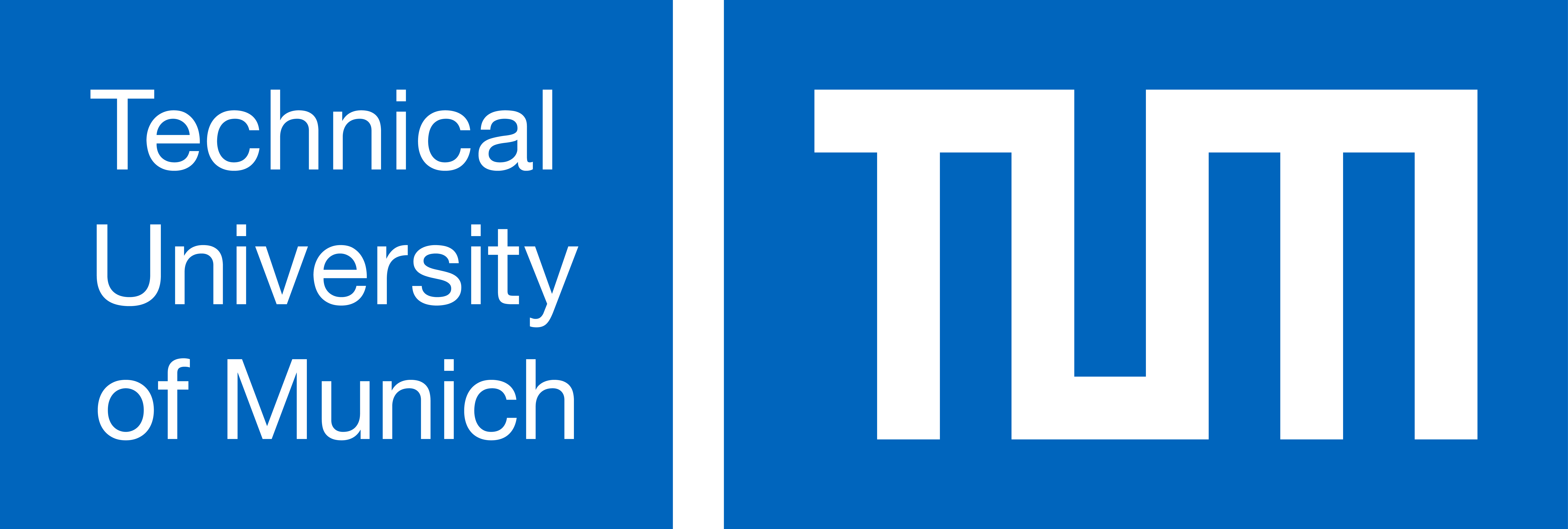Over deze cursus
The module is divided into two parts. The first part deepens and expands the study of finite automata initiated in IN0011 (Introduction to theoretical computer science), while the second introduces automata on infinite words. In both parts automata are seen as a data structure for the manipulation of (possibly infinite) sets and relations. The module shows how to implement Boolean operations and joins for different automata classes (nondeterministic and deterministic automata, binary decision diagrams, Büchi automata). It also introduces the connection between automata and logic. The algorithms are applied to a variety of problems, ranging from pattern-matching to program verification and solution of Diophantine equations.
Leerresultaten
On successful completion of the module, students will be able to
- use finite automata as a data structure for representation of finite and infinite sets;
- understand and determine the computational complexity of different operations for different classes of automata;
- move to and fro logical and automata-theoretic descriptions;
- apply automata to problems in pattern matching and formal verification.
Toetsing
Students are assessed by means of a written 120 minutes exam consisting of a list of exercises. Some exercises test if the students are able to construct finite automata for different languages, directly or with the help of composition operations. Other exercises test if the student knows and can apply and combine the algorithms to move between logical and automata-theoretic descriptions. Other exercises test if students can select the right automata-theoretic technique to solve problems related to verification and pattern-matching.
Voorkennis
IN0011 Introduction to Theory of Computation
Bronnen
- Javier Esparza: Automata Theory --- An algorithmic approach. Lecture notes, 2012. John E. Hopcroft, Rajeev Motwani, Jeffrey D. Ullman; Introduction to Automata Theory, Languages and Computation; Addison-Wesley Longman, 3rd edition, 2006. Joerg Flum, Erich Graedel, Thomas Wilke (eds.); Logic and Automata: History and Perspectives, Volume 2; Amsterdam University Press, 2008. Dominique Perrin, Jean-Eric Pin; Infinite Words: Automata, Semigroups, Logic and Games; Academic Press, 2004.
Activiteiten
The module consists of lectures and tutorials. During the lectures students are asked to solve small exercises online. Students also received weekly assignments, whose solution is discussed in the tutorials.
Aanvullende informatie
- Meer infoCursuspagina op de website van Technical University of Munich
- Neem contact op met een coordinator
- StudiepuntenECTS 8
- Contact uren per week4
- InstructeursJan Kretinsky, Balasubramanian Ayikudi Ramachandrakumar, Philipp Czerner, Ernst Mayr, Systemadministrator, Francisco Javier Esparza Estaun, Salomon Sickert - Zehnter, Marijana Lazic, Chana Weil-Kennedy, Moritz Fuchs, Roland Guttenberg
- InstructievormHybrid
Aanbod
Startdatum
15 oktober 2024
- Einddatum5 februari 2025
- Periode *Winter 2024/2025
- Voertaal
- Inschrijven tussen26 aug - 13 sep 2024
Nog 6 dagen om in te schrijvenApply now
